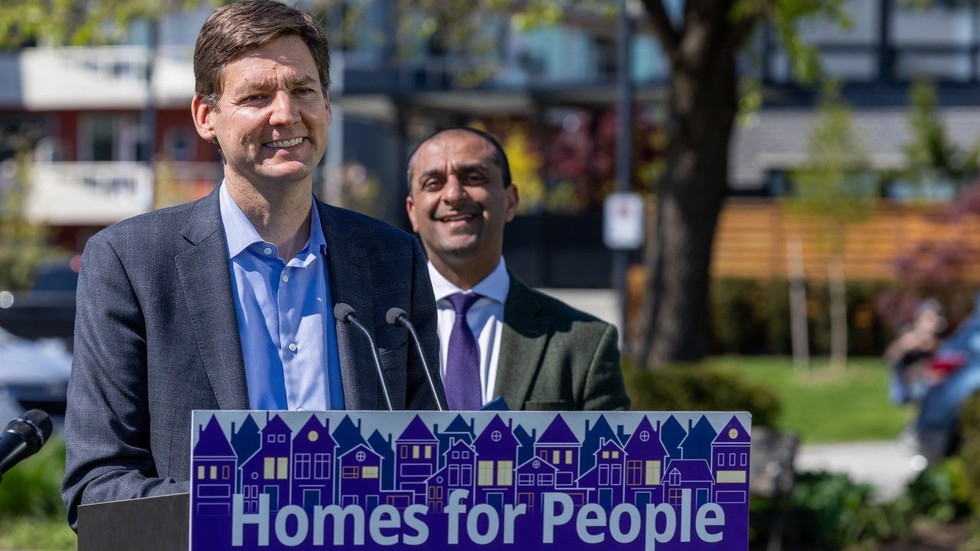OP-ED
One of the most important measures of Canada’s economic health recently started moving in the wrong direction, and every level of government needs to act decisively to turn it around.
No, the stock market hasn’t crashed. Unemployment is still near a forty-year low. But in an otherwise strong economy, Canada’s rate of home ownership is now falling, for the first time in living memory.
For middle-class families, owning a home is a source of pride, and the biggest investment we’ll ever make. Home ownership isn’t just an indicator of hard work and economic security; it’s one of the most important reasons we work so hard in the first place.
For decades, rising home ownership was evidence of a growing and confident country, with a growing middle class. A country where the next generation can have a life even better than their parents’.
Until now.
Homeownership Rates Fall
In 2016, Canada’s homeownership rate fell to 67.8 per cent, down from 69 per cent five years before. Ontario has similarly seen its homeownership rate slip over the same time period.
That’s the first time it’s fallen in our lifetimes. And every indication is that this is no one-time blip—unless we do something different, falling homeownership will become Canada’s new normal.
In Ontario, 81 per cent believe owning a home is harder for young people than it used to be. Millennials are less likely to own their homes at age 30 than their parents’ generation was.
And this wasn’t caused by a weak economy. Homeownership is falling, a decade into an economic recovery, even at a time of relatively low mortgage interest rates.
When did we, as a country, make that decision?
When did our leaders decide that it’s okay to let the Canadian dream of home ownership slip away?
Canada can make a different choice. We can set a bold goal that we’ll reverse that unprecedented decline. That we’ll get home ownership over 70 per cent by the next time it’s measured in 2021, and then to 75 per cent and beyond.
Now, a bold objective takes bold action. Fortunately, we know what to do.
The Government Needs To Step In
First, governments must encourage more housing supply. In Greater Toronto, builders started 50 per cent fewer ground-related housing units in 2016 than in 2002. Reversing that trend is the best way to make housing more available and affordable.
The federal and provincial governments have a big role to play in opening up a new supply, including targeting municipalities with housing-ready land for infrastructure grants.
Ontario must speed up the planning process, which can take as long as ten years and can take a specific action like promoting housing intensification along GO, TTC and other rail lines and stations, where many Millennials want to live.
Ontario also needs an impartial referee for new housing development, so needed housing isn’t blocked arbitrarily or unfairly. The last government abolished the Ontario Municipal Board, which used to play this role; the new government should bring back the OMB, or a similar, neutral body.
Second, financing and tax rules should help, not hurt, homeownership.
Tax Policies Need To Make Homeownership Easier
Tougher mortgage “stress-tests” have had a dramatic, negative effect on Ontario home buyers, reducing buying power by 20 cents on the dollar. Families now have to prove they can afford interest rates two percentage points higher than what they’ve actually negotiated with a lender, even if they have a fixed rate mortgage. These rules need to be made more flexible, especially now that rates have already risen.
Tax policy can make homeownership easier, especially for first-time buyers. The federal First Time Home Buyers’ Credit is an effective incentive, which needs to be increased. Ontario can eliminate the Land Transfer Tax for first time home buyers.
A growing and confident country can’t accept a falling rate of homeownership. Governments at all levels should set a bold goal to reverse that decline and to get homeownership levels to new records. We have the tools to do it, and we need to act now.





















